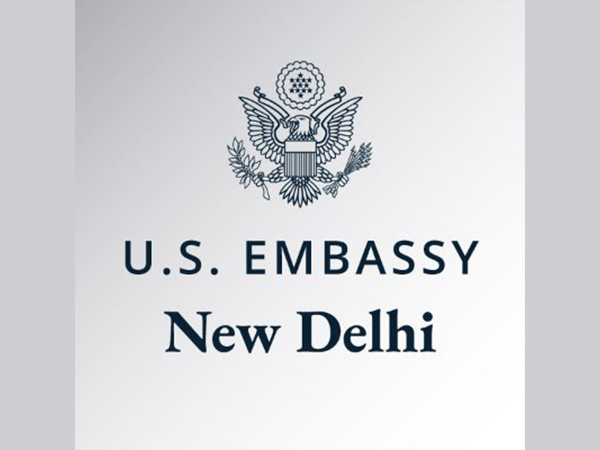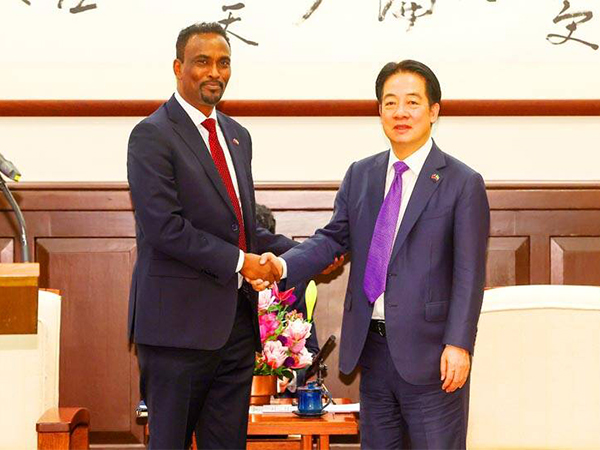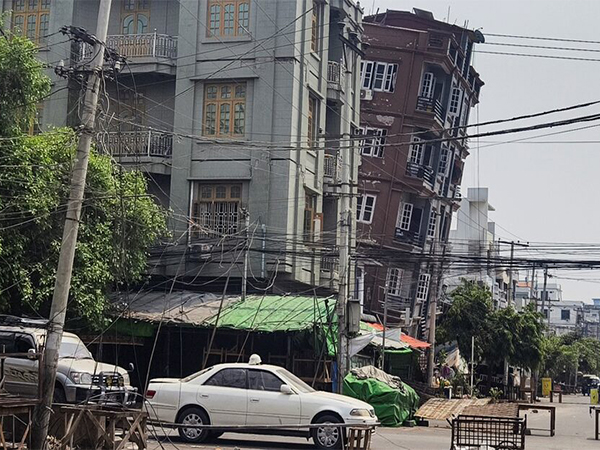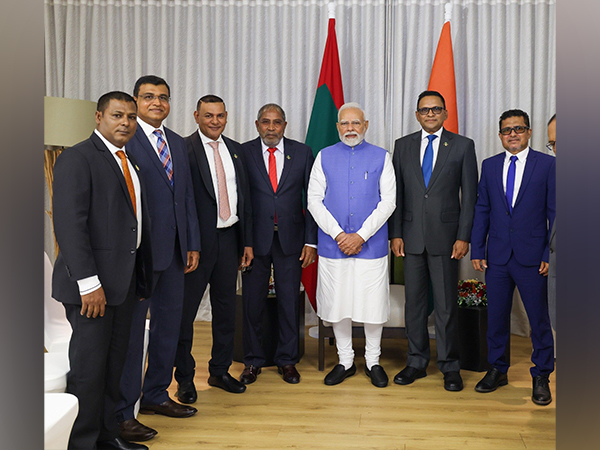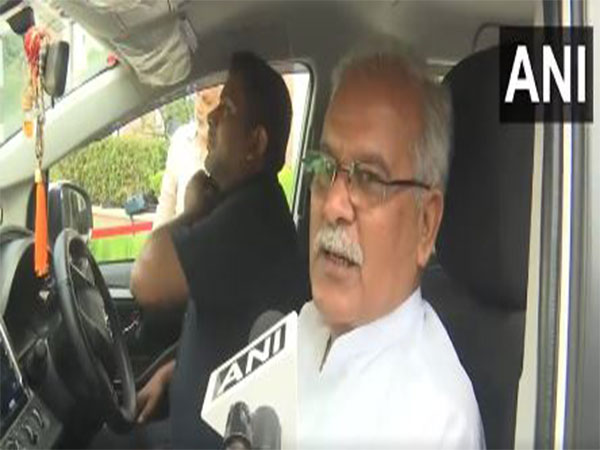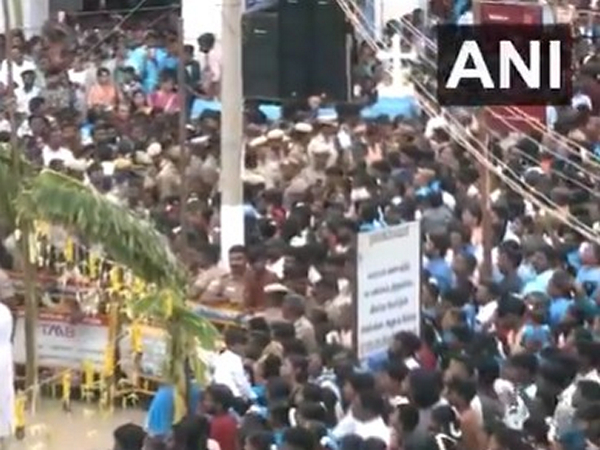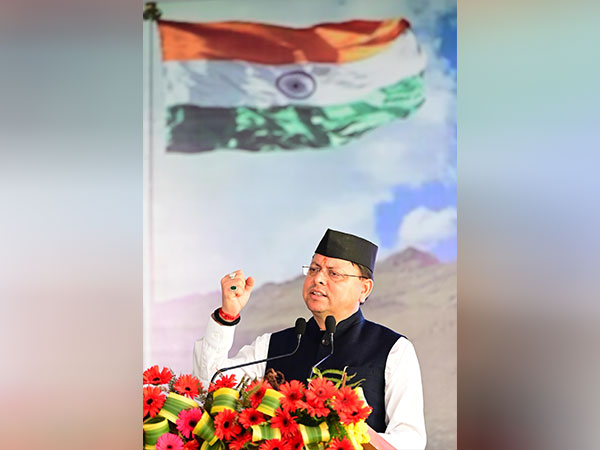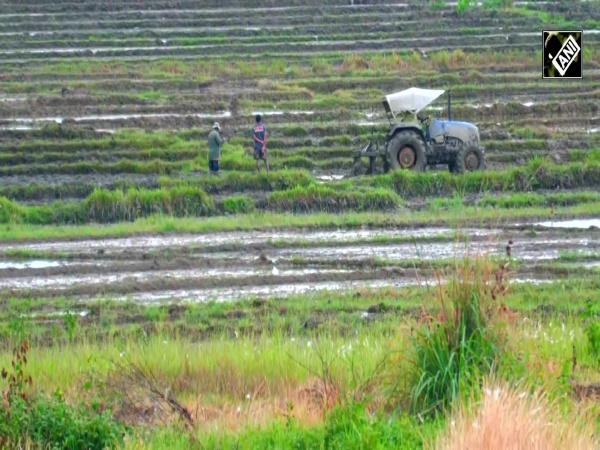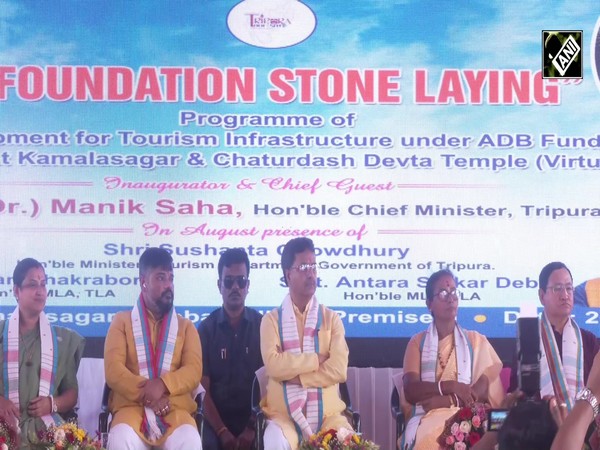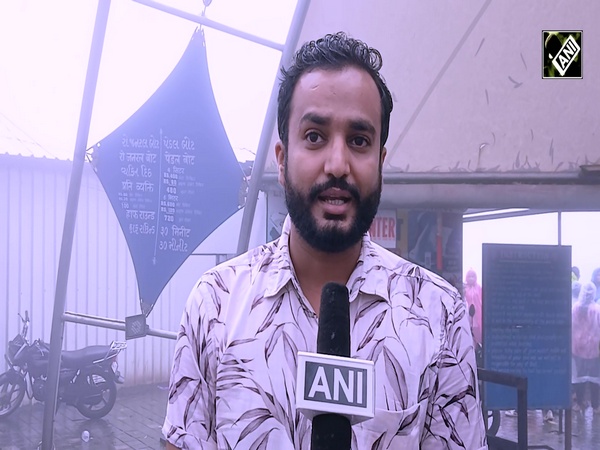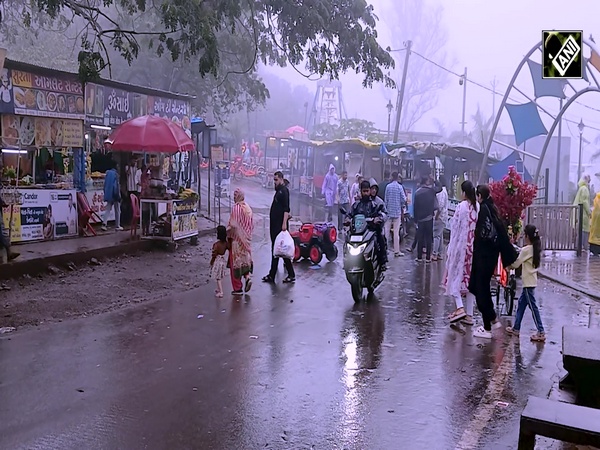Pak's limited response to COVID-19 marred by lack of transparency, enforcement: Report
Jun 25, 2021

Islamabad [Pakistan], June 25 : The Human Rights Commission of Pakistan's (HRCP) annual report on the state of human rights in 2020 claimed that the government's initial response to the COVID-19 pandemic was marred by a lack of transparency and enforcement.
According to the report, the Pakistani authorities failed to enforce standard operating procedures in mosques as most religious bodies and mosque committees refused to comply with them.
"The National Coordination Committee and National Command and Operation Centre set up to combat the crisis were also established without parliamentary or Cabinet approval. However, cash distributions under the federal government's Ehsaas Programme were a welcome reprieve for those in need of a social safety net," a report said.
Moreover, the report highlighted that the year 2020 witnessed substantial human rights violations from forced conversions of religious minorities, accusations of blasphemy to crimes against women and enforced disappearances.
The HRCP documented at least 31 forced conversions in 2020, six of which involved minors.
At least 586 people were booked on charges of blasphemy in 2020, with the overwhelming majority from the Punjab province. Abduction cases were filed in the courts and the girls were claimed to have solemnised their marriage in accordance with Shariah law.
The HRCP said alleged abduction, forced conversion and marriage of a minor Christian girl, Arzoo Masih, in Karachi in October 2020 indicated that the problem was not restricted to the rural Hindu community, reported Dawn.
The right to worship freely continued to be constricted, and after the government announced that a Hindu temple was to be built in Islamabad, extremist groups and mainstream political parties allied with the government protested and vowed to prevent the construction.
The HRCP also pointed out how the Aurat Azadi March, which had obtained permission to hold a rally on March 8 from all authorities concerned, became a target of violence at the hands of religious people. "The attack occurred because the authorities allowed the religious elements to hold a parallel rally in 2020, but this year they filed cases against the organisers of Aurat March," said HRCP council member Naveen Azhar.
"The right to freedom of expression and assembly remained under threat as spaces for dissent continued to shrink in 2020. This was evident in the government's attempt to impose new curbs on the electronic, print and social media," read the report.
The HRCP report 2020 was also concerned that the key human rights institutions such as the National Commission for Human Rights and the National Commission on the Status of Women remained dysfunctional throughout 2020.
Speaking on vulnerable groups, an HRCP report highlight that crimes against children, women and religious minorities continued unabated.
The Commission of Inquiry on Enforced Disappearances also came under fire in a scathing review from the International Commission of Jurists, which criticised the commission's failure to hold perpetrators accountable.
